Want to understand Gaza? Then read any of these books...
Unending war in the Middle East is not a subject that invites impartiality, writes Donald Macintyre. Controversial? Perhaps, but he should know – he was The Independent’s man on the front line for years and wrote an acclaimed book about Gaza. Who better to ask to unpick the challenge authors face when writing about the region? Plus, Don’s five favourite books for understanding the conflict better

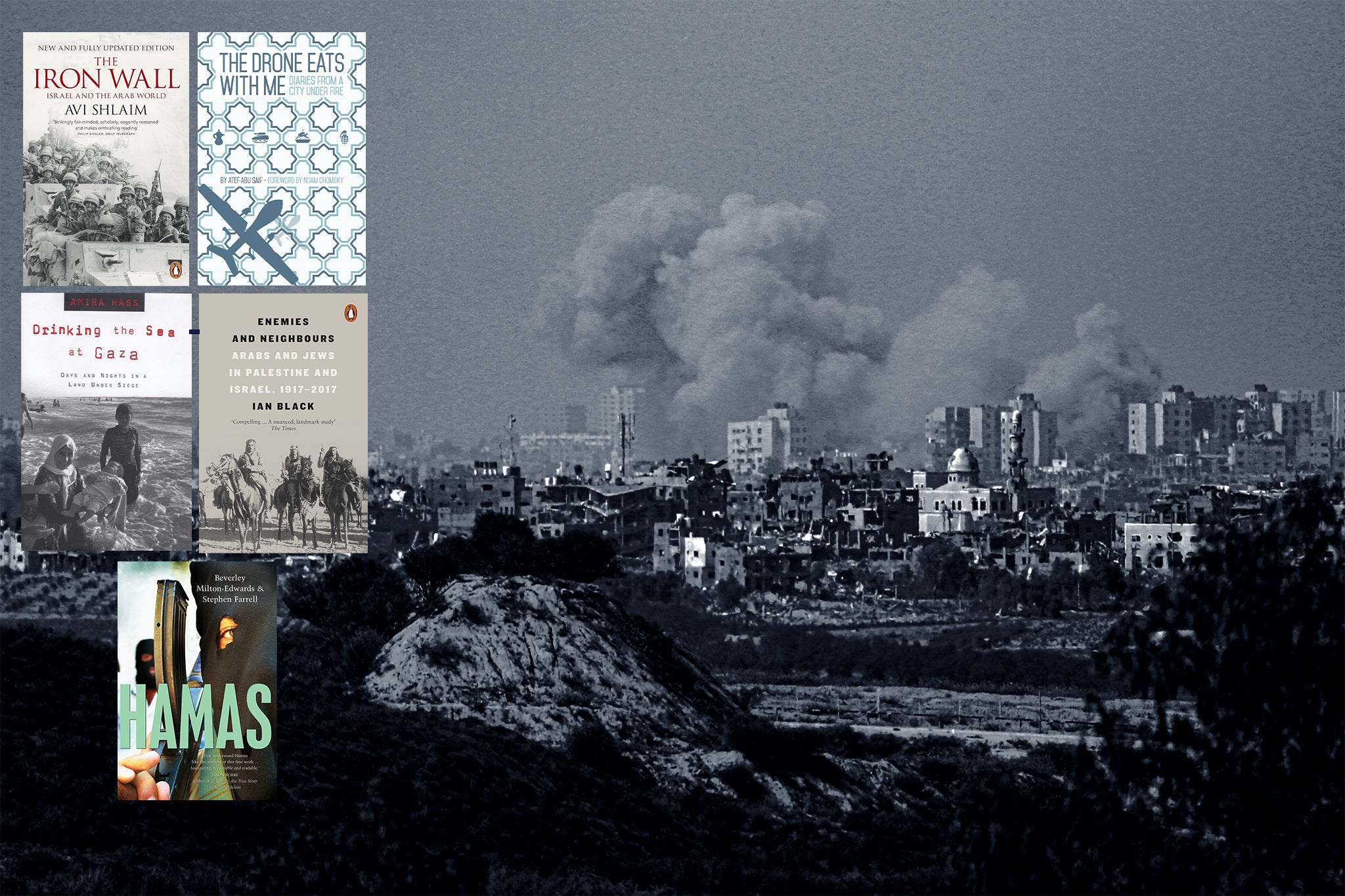
If a famous writer promotes a book by someone else, it’s bound to carry weight. But it’s a safe bet that if William Dalrymple had tweeted a recommendation of All That Remains, by the scholar Walid Khalidi, a mere month ago, he would not have got the thousands of responses he did this week. For most of them seem to demonstrate a thirst for knowledge about the deep origins of a conflict that exploded into the world’s attention with Hamas’s brutal massacre and kidnapping of so many Israeli civilians in their southern communities on 7 October.
Khalidi’s book is a monumental account of the villages whose Palestinian residents were driven or fled from their homes in what is now Israel in the war of 1947-8, in what Arabs call the nakba or “catastrophe”. It was the Palestinian Khalidi’s early work that helped open the door for those Israeli “new historians” like Benny Morris who in The Birth of the Palestinian Refugee Problem, 1947-1949 began to dismantle a pervasive myth that the 750,000 Palestinian refugees from that war were ordered to leave by Arab leaders.
So Dalrymple’s choice is apt for two reasons. It’s impossible to understand the creation of Israel without knowing of the long persecution of European Jews culminating in the murder of six million in the Holocaust. But it is also impossible fully to understand the roots of its conflict with the Palestinians without knowing about the enforced 1947-8 exodus from their homes in what is now Israel – the “victims of the victims” as the great Palestinian writer Edward Said once put it. And secondly, because the current order to Palestinians to leave northern Gaza for what has proved to be a desperately unsafe southern part, conjures for many of them the spectre of a second nakba.
Citing the more recent but devastating impact of the 56-year-old occupation of Palestinian territories the UN secretary general Antonio Guterres infuriated Israel’s government this week by saying that Hamas’s barbaric assault had not happened “in a vacuum”. But you can unequivocally condemn that Hamas war crime – which Guterres did – while also grappling with the historical context in which it took place. And this terrible Gaza war may just have increased demand for books that help us to do that. Dalrymple has also recommended The Hundred Years War on Palestine by the eminent Columbia University professor Rashid Khalidi; but there is, in fact, a bewildering plethora of books – many excellent – to choose from, by academics and journalists, Jews and Arabs, novelists and politicians.
But some may want to know: are they impartial? A warning: this is not a subject that invites impartiality. Few writers are likely to study the conflict for long without coming to a view. What the reader is entitled to, however, is trust that an author first bases their conclusions on evidence, and secondly, that even if they apportion more blame to one side, they are unflinching about acknowledging the failings or crimes of the other. And that is in the author’s interest as much as the reader’s, because few texts are more closely scrutinised for errors than ones on the Israeli-Palestinian conflict.
I have some experience of all this. I can vividly remember Juliet Mabey, the editorial director of OneWorld, which published my 2018 book on Gaza, explaining it would need proper footnotes if only to ensure that every episode recounted in it was properly sourced and seen to be. And so there are a full 21 pages of them in the paperback, which served as a discipline but also helped to defend me against detailed criticism.
The book is certainly not a comprehensive history of the conflict, but about its course in Gaza in ways which I’d like to think are still relevant today. While briefly tracing its past from the First World War it’s mainly focused on its turbulent history in this century including the 2014 war. I covered that from inside Gaza, which then, unlike now, foreign journalists were able to do and involved an Israeli military onslaught we saw as unprecedented in ferocity and scope, little realising how totally it would be eclipsed by Operation Sword of Iron now underway.
I tried to show how Hamas would not have emerged as a force, let alone won the 2006 election if there had been a credible peace process between Israel and the more moderate Palestinian Authority. But mainly I tried to bring Gaza to readers through the stories of its average residents – business people, farmers, teachers, students, artists, labourers, none in Hamas and many openly opposed to it – in ways that Sara Roy, the Harvard academic and author of The Gaza Strip: The Political Economy of De-development, was kind enough to say “elevates the ordinary in a manner that will endure, helping the reader understand that no matter who we are and where we are from, in Gaza we recognise ourselves”.
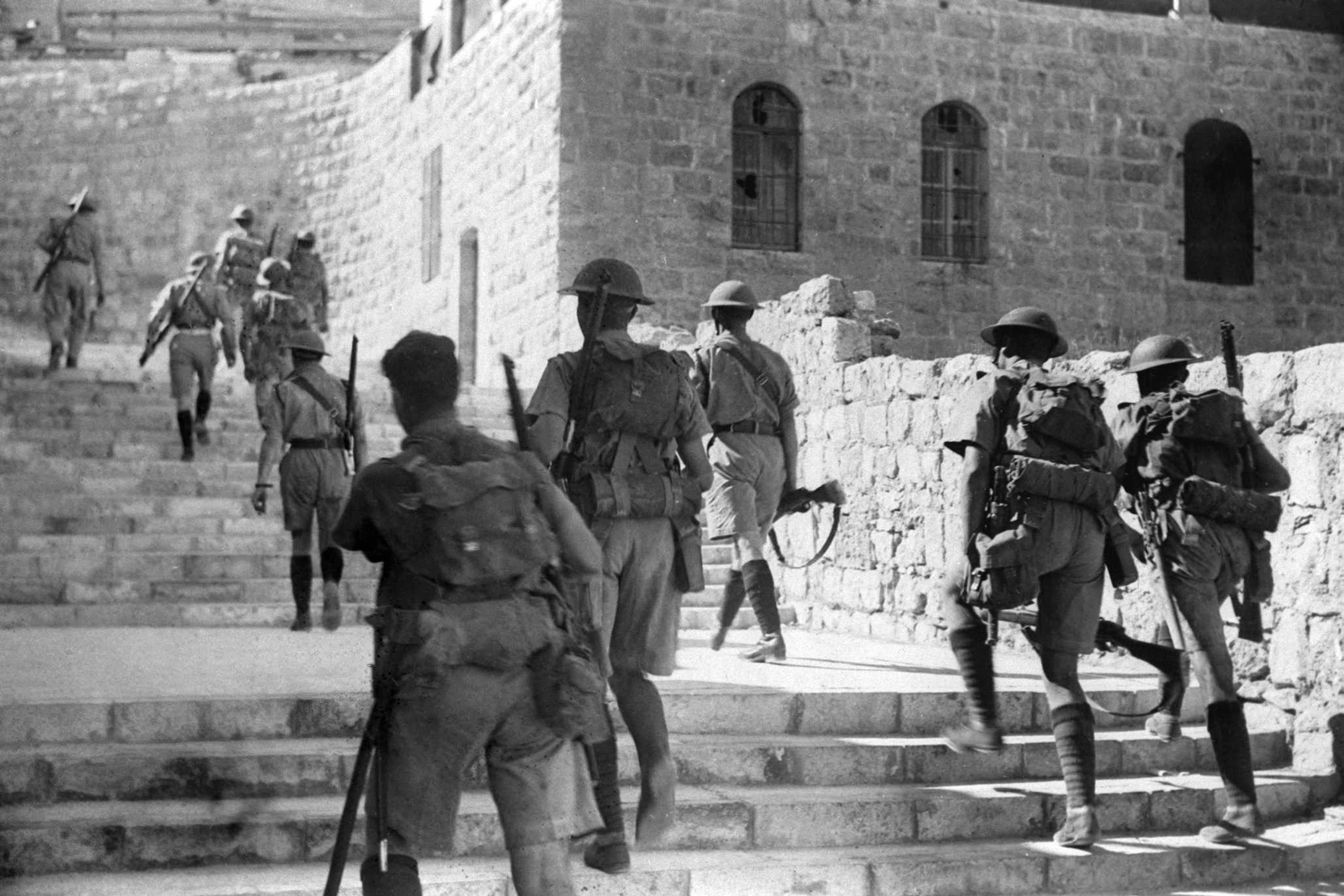
But here’s the point. In the course of 80 or 90 trips to Gaza of varying lengths that I must have made between 2004 and 2012 as the Independent’s Jerusalem correspondent and then several months living in the strip in 2016 to complete the research, I came to the firm conclusion – one that some senior figures then in the Israeli military had also reached – that the draconian blockade that Israel imposed from 2007 and demolished what had been, despite all Gaza’s travails, a resilient, even vibrant economy, had not only shattered so many Palestinian hopes and livelihoods but was not in the interests of Israelis or their security. So I did have a point of view.
But the wrongs of Hamas inflicted both on Israel and sometimes on their own people, also figure strongly in the book: the scores of Israeli civilian deaths in suicide bombings during the second intifada, the brutality of Hamas’s successful civil war with Fatah in 2007, the shooting of seven people, including a 13-year-old, at a peaceful Fatah-organised demonstration months later, the extrajudicial “executions” of dozens of suspected “collaborators” with Israel, the sporadic arrests of dissidents, including some journalists, and many other episodes. So in arguing that Israel’s strategy towards Gaza was both cruel and counter-productive, I was hardly blind to the faults of its Palestinian rulers. Impartial between Israel’s government and Gaza’s civilian population? Perhaps not. Objective? I hope so.
Whether I succeeded in this or not, many of the best books about the conflict certainly do. Part of the tragedy of Israel and the Palestinians is that the world has recently paid little attention except when there is a serious outbreak of violence, usually in or from Gaza. It’s difficult to see any benefit in the present terrible carnage. But if there is one benefit, scant as it is, it may be that more people than hitherto will want to learn – and read books on – what the conflict is about.
My favourite books on the Israel-Palestine conflict
All the books whose titles are named above are well worth reading, but these are five favourites – two on the conflict in general, and three especially relevant to Gaza.
The Iron Wall: Israel and the Arab World (Avi Shlaim)
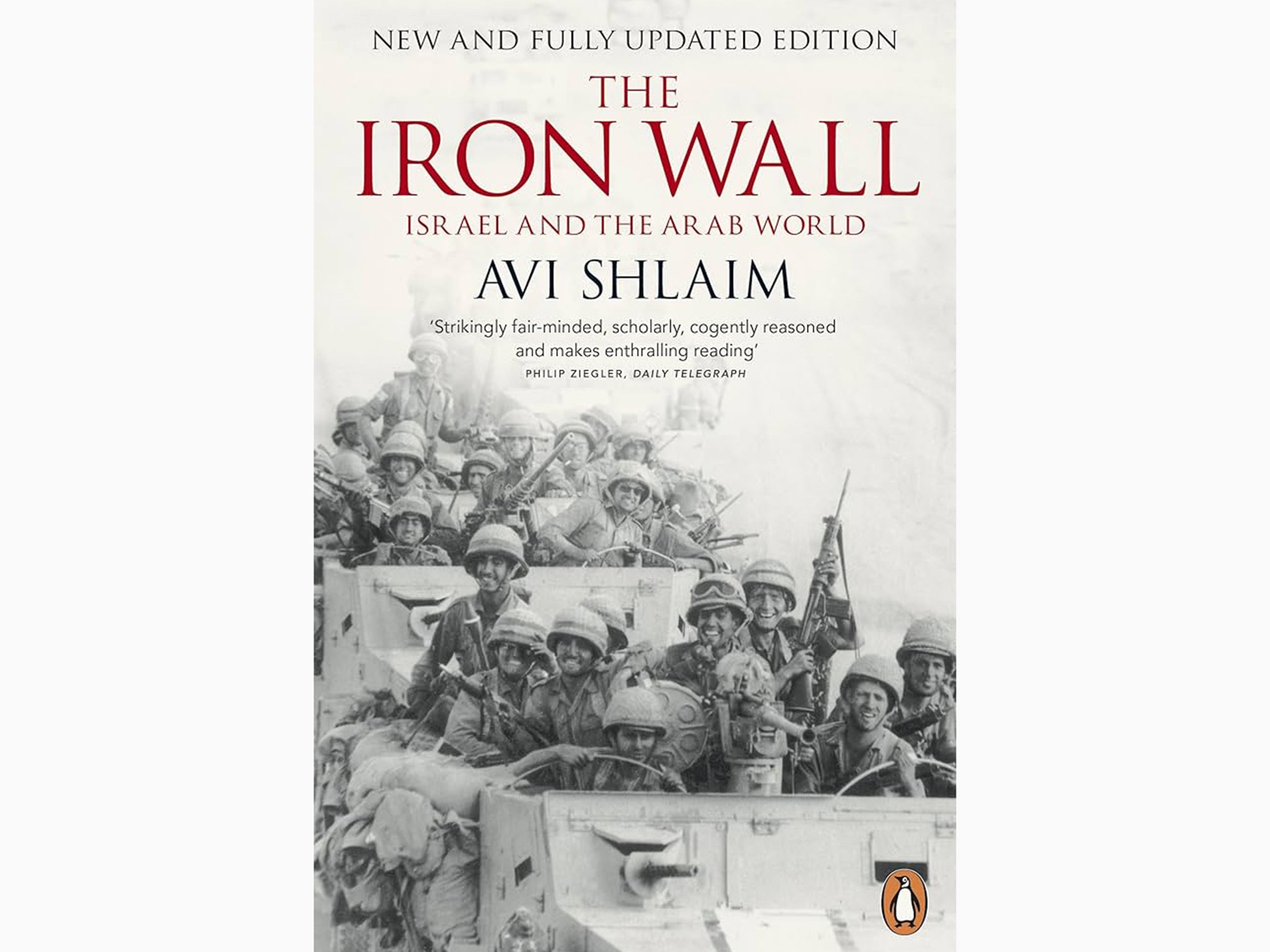
The masterpiece of a pioneering “new historian”, the Israeli former professor of international relations at St Antony’s Oxford, this is an essential and gripping read for anyone who wants to understand the politics of Israel’s relations with the Arabs from 1947. It argues among much else that Israel, in line with the 1920s Zionist concept of the “iron wall” against the Arabs, repeatedly missed diplomatic opportunities to resolve the conflict by pursuing the object of military strength as a precondition of any negotiations. Although the book was first published in 2001 Shlaim fully updated it in 2014.
Enemies and Neighbours: Arabs and Jews in Palestine and Israel 1917 to 2017 (Ian Black)

The panoramic and deeply researched culmination of the late Ian Black’s work over some four decades as a Guardian Jerusalem-based correspondent, Middle East editor and columnist. Although some of his conclusions are bleak, Black, knowing both Arabic and Hebrew – and never neglecting the impact of political decisions on average Jews and Arabs – wrote the most up-to-date and even-handed, detailed account of the century of conflict since the British government’s Balfour Declaration first gave the green light for a Jewish homeland in Palestine.
Hamas: The Islamic Resistance Movement (Beverley Milton-Edwards and Stephen Farrell)
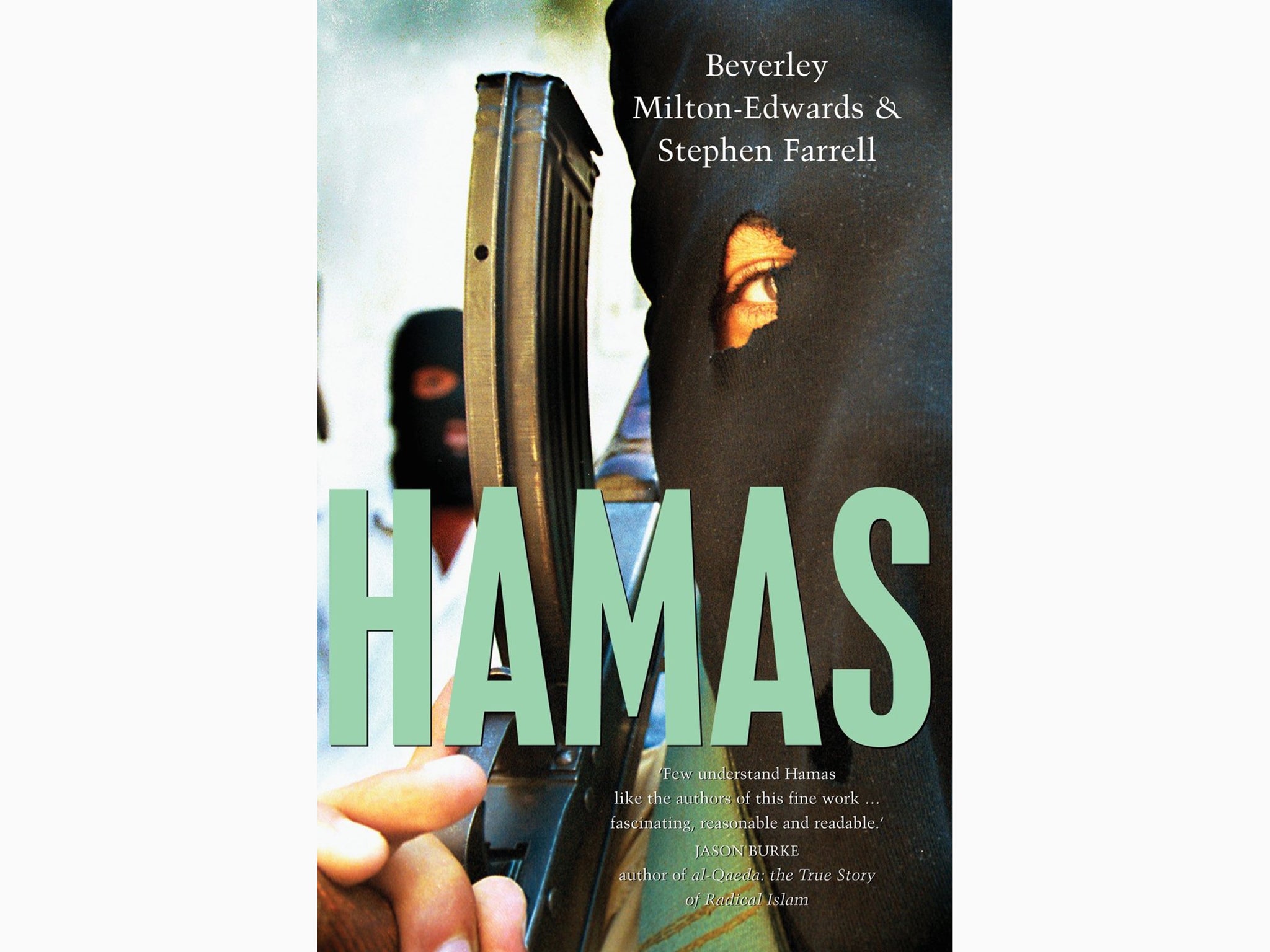
While there are other good books about Hamas this authoritative collaboration between a leading Queen’s University, Belfast academic on Islamic politics and Farrell, a journalist with extensive experience of the Middle East is the most readable – as well as scholarly and illuminating. A fascinating study of the development of Hamas up to and including the first decade of this century – including on how Israel, then the then ruling force inside Gaza, favoured it in its early days more than four decades ago, over the secular nationalist PLO (Palestine Liberation Organisation).
Drinking the Sea at Gaza: Days and Nights in a Land Under Siege (Amira Hass)
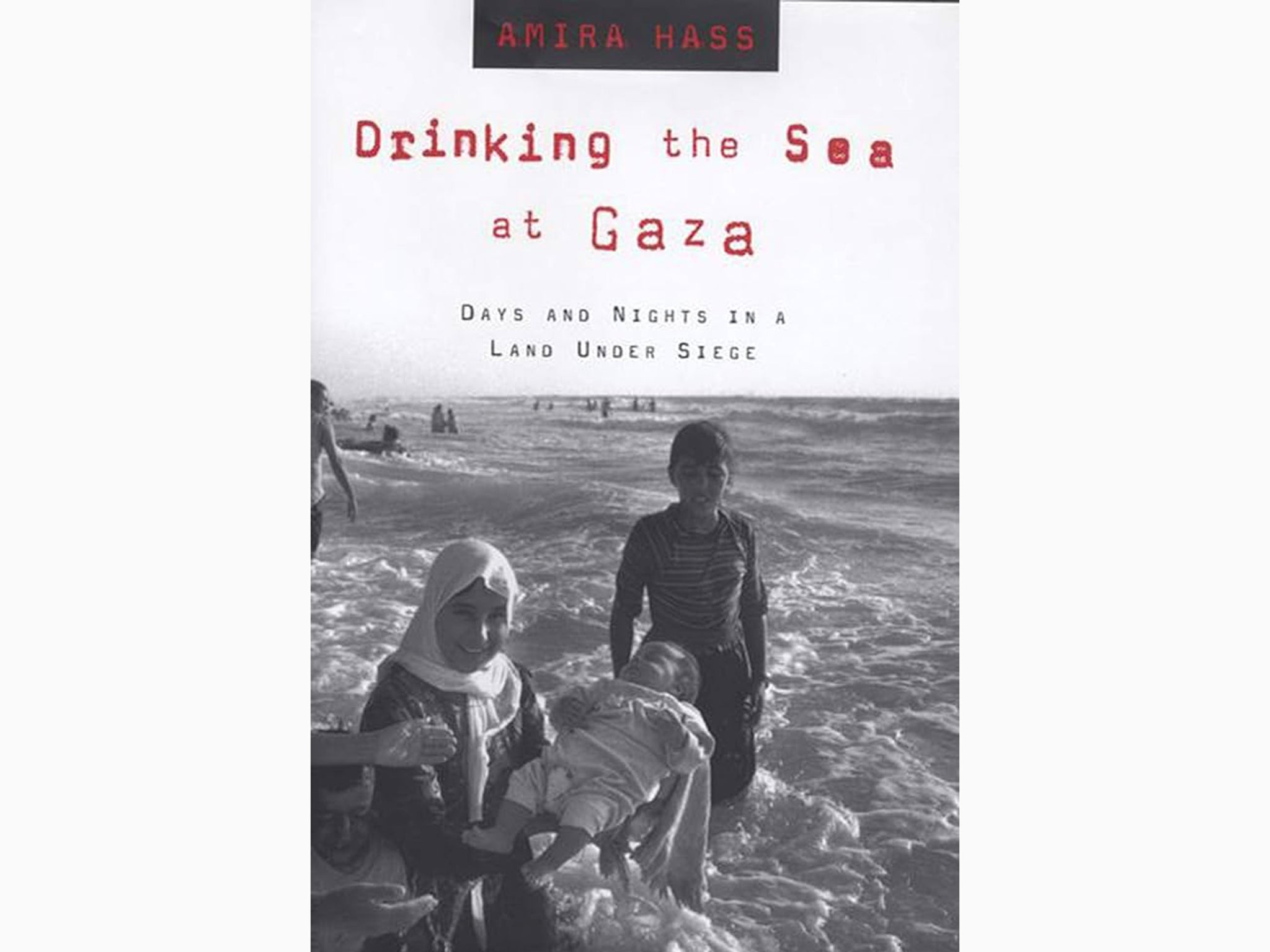
An Israeli journalist and daughter of Jewish Holocaust survivors, Hass, a fluent Arabic speaker, is one of the greatest – and bravest – chroniclers (for the liberal newspaper Haaretz) of the day-to-day impact of occupation on Palestinians. She lived in Gaza in the 1990s, an experience that enabled her to write this remarkable book. While a testament to the humanity of the Gazans she lived among, it also unflinchingly exposes some of the political and social contradictions of Palestinian life in the territory.
The Drone Eats with Me: Diaries from a City Under Fire (Atef Abu Saif)
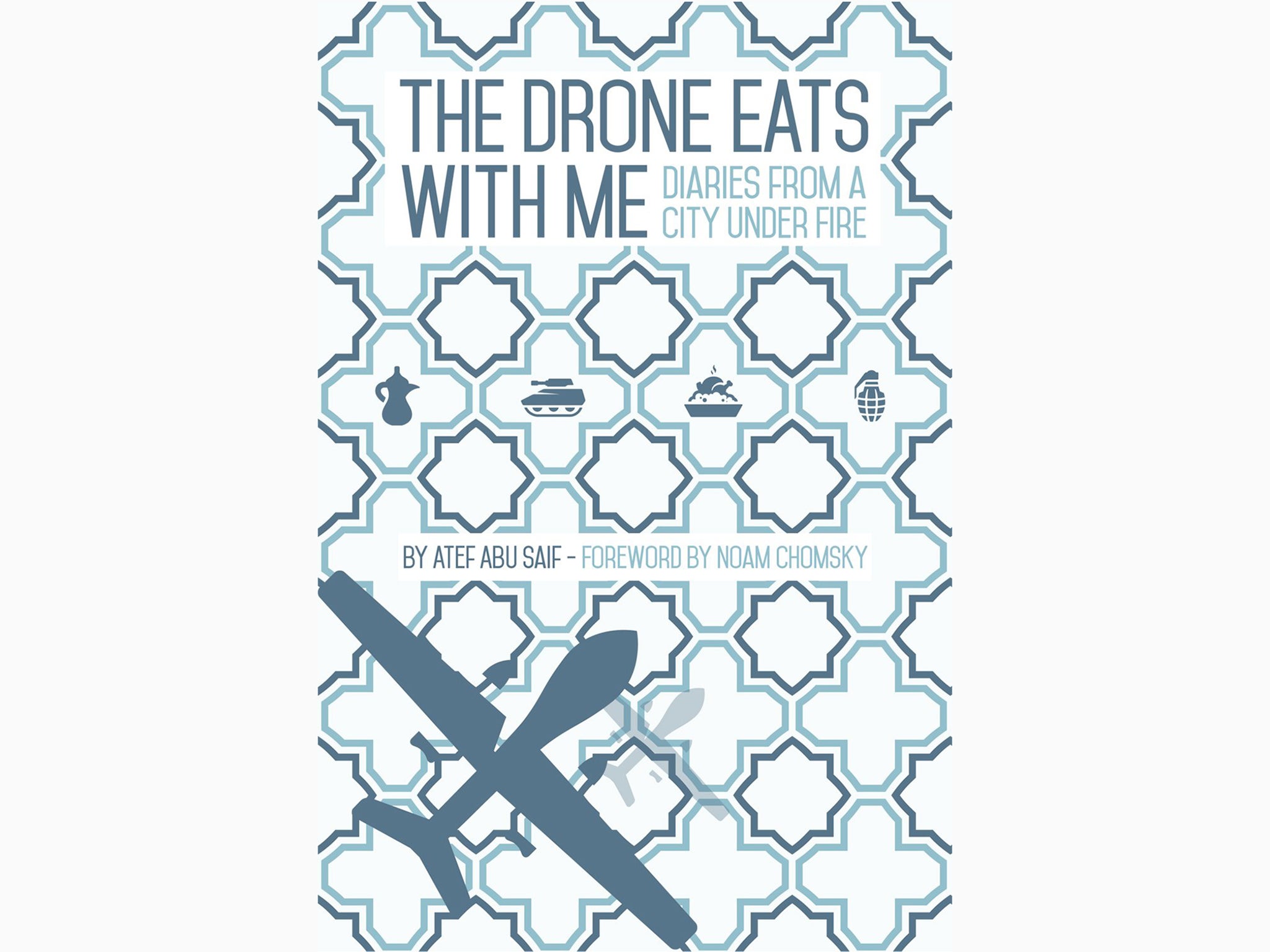
Described by Michael Ondaatje as a “devastating contemporary war journal” this is a compellingly, vivid and intimate account by a leading Gaza writer of what it was like to live with his young family through the 2014 war, then thought to be the worst that the territory had endured. Abu Saif also edited and contributed to The Book of Gaza, a short story collection. Born in the Jabalia refugee camp, Abu Saif is an adherent of Fatah – opponents of Hamas – but first and foremost is a writer of fiction, including five novels, as well as non-fiction.
Join our commenting forum
Join thought-provoking conversations, follow other Independent readers and see their replies
Comments


Bookmark popover
Removed from bookmarks